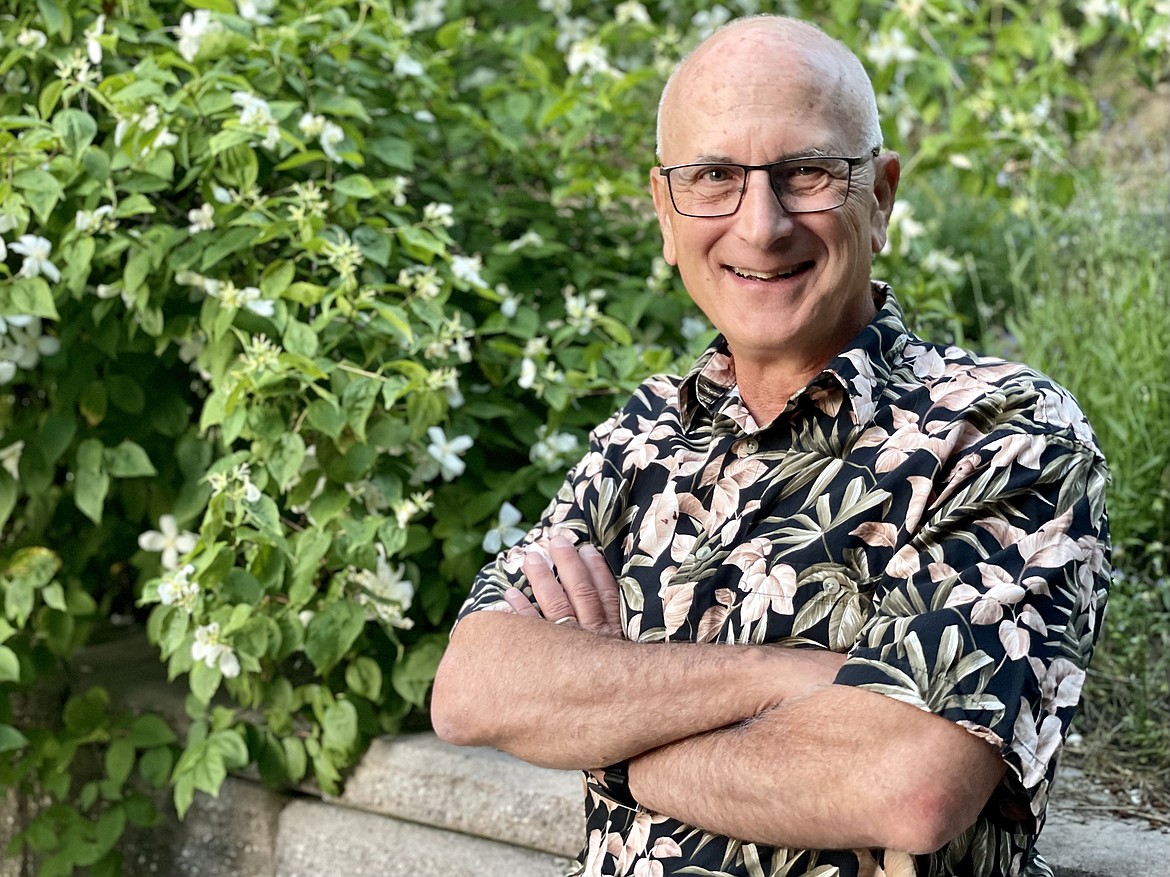OPINION: Limits of free speech
Words, once flown, have consequences we can’t control.
“Congress shall make no law respecting an establishment of religion, or prohibiting the free exercise thereof; or abridging the freedom of speech, or of the press; or the right of the people peaceably to assemble, and to petition the Government for a redress of grievances.”
So begins the First Amendment to the US Constitution, perhaps its most misunderstood statement of rights.
Throughout the decades, Americans have fought over what speech is protected by the First Amendment, and what speech crosses a line to become criminal.
In politics especially, we will always have disagreements over what is, and what is not protected speech. However, there is one important aspect of the First Amendment that everyone seems to miss.
The freedom to speak does not require the listener to agree.
Although we are generally free to say what we want in America, we are not free from the natural and logical consequences of that speech.
A politician might say or do something divisive that upsets a large number of voters. The consequence is that those Americans won’t vote for him or her.
If someone makes a comment defending white supremacy or extremism, people will push back with their own speech.
Recently, Nikki Haley was deservedly criticized after she repeated the blatantly racist inaccuracy that the Civil War was a fight for states' rights, and not a fight over slavery.
Haley is the most recent poster child for divisive consequential speech, but Rudy Giuliani is the costliest. He was ordered to pay a staggering $148 million to two former Georgia election workers for defaming them with public lies following the 2020 election.
The election workers, Wandrea "Shaye" Moss and her mother Ruby Freeman, counted absentee ballots in Fulton County, Georgia - a process that was live-streamed and recorded.
Giuliani shared the recording of them at work on social media, and then falsely claimed the video showed the two women scanning ballots multiple times to benefit Joe Biden.
A hand-count audit in Georgia found the votes were tallied correctly. The Georgia Secretary of State's office found that Giuliani’s accusations were "false and misleading.”
The two women sued, claiming that Giuliani’s lies damaged their reputations and lives.
Throughout the trial, the courtroom endured recordings of horrific violent and racist messages sent to the women’s voicemails. Giuliani’s words even ignited death threats.
"I was afraid for my life," Moss said during her testimony. "I literally felt that someone would attempt to hang me and there was nothing anyone could do about it."
Consequently, the jury found Giuliani liable for defamation including threatened acts of violence.
By design, defamation is a tough legal hurdle to clear. This is a good thing - speech should be protected.
However, in a law-abiding society, the right to speak freely ends where threats to life begin.
As a Democratic Party leader in Kootenai County, I firmly condemn any threatening or life-endangering speech leveraged against our political opponents. GOP leaders should do so as well.
There are certain members of the Idaho GOP who would do well to look closely at Giuliani’s case. Their glib approach to publicly sharing photographs, home addresses, family details, and other sensitive information about political opponents not only endangers lives. It may cross the boundary of protected speech.
Drawing from Plato, “A wise man speaks because he has something to say, a fool speaks because he has to say something.”
And from Benjamin Franklin, “Remember not only to say the right thing in the right place, but far more difficult still, to leave unsaid the wrong thing at the tempting moment.”
Don’t foolishly share home addresses, family details, or other sensitive information about political opponents. We’ve got to be better than that if we are to build a More Perfect Union.
• • •
Evan Koch is chairman of the Kootenai County Democratic Central Committee.

